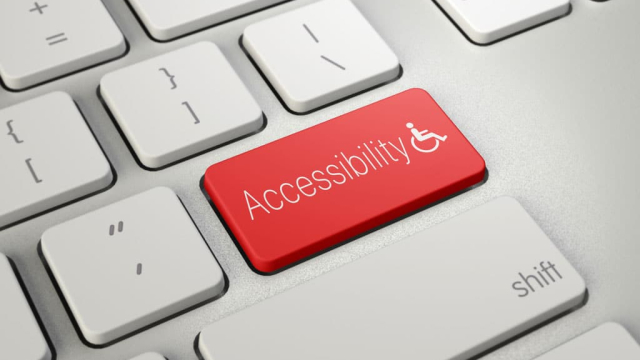Click here.
Find out more.
Check this out.
Huh? What?
In our Internet travels, we have all run across these types of hyperlinks, ones that when taken alone, mean nothing. That’s not what hyperlinks are for and definitely not how you should use them on your website.
Your links should mean something. They have to.
Why?
You’ve probably already heard that your web visitors don’t read; they scan. Studies show that generally, people scan web pages, rather than read them and that they’re always looking for the next place to go.
And what are some of the things that catch their eye as they scan? Hypelrinks.
Hyperlinks are top eye-catching devices because they are in a different color and because visitors are trained to look for them. They are typically designed to stand out on the page, so when someone scans, they don’t want ‘click heres’ and ‘find out mores’. You’re forcing them to find the extra context and slowing them down.
The easier you make it for people to understand and use the hyperlinks on your website, the more effective your entire site will be. Visitors don’t want to have to figure out where you’ve put the information they need; they don’t want to have to waste their time figuring out whether “click here” will get them where they want to go.
Don’t make your website visitors search, don’t make them guess, and for heaven’s sake, don’t have links that are so vague or broken that visitors leave your site entirely. If you want to maximize the power of these words, you’ve got to put some thought in the hyperlinks you write.
Here are 5 tips to help you get started:
1. Think about THEIR Words, Not Yours
Think of each hyperlink as a highlighted keyword. People come to your site with a topic or question in mind and they are looking for the words they have in their minds. To make connections between what your site visitors want and the content you have, you must use their language.
2. Think about Placement
Where you put your hyperlinks on each webpage matters almost as much as the words you use. Here are a few suggestions, based on eye-tracking studies and click-through rates:
• Place links at the beginning or end of a paragraph
• Place links at the end of a sentence
• Place important words at the front of link text
3. Describe your Destination
Take a gander at the following two hyperlinks (one of which is on our About page):
• To read more about our services, please click here.
• Here’s how we can help you succeed online.
If you look at the hyperlink alone, which one makes more sense?
In the first hyperlink, the ‘click here’ by itself is completely meaningless – it tells you nothing about where the link will take you. The second hyperlink instantly tells you where that link will take you. You can then decide whether to click it or not without having to read any of the surrounding text.
The best advice: try to keep links brief but descriptive by picking the words that describe the link.
4. Limit link text to a maximum of four words
Your website visitors only spend a split-second looking at the text contained in any link, and it is difficult to quickly take in the content if there are more than five words in the link text. Sticking in too many words will slow your website users down.
Conclusion
Link text is vitally important. When you write links, it may not feel like poetry, but you do have to engage people. What’s more, your primary job is to help your visitors get from one place to another, all with the minimum of fuss. Follow these guidelines and your links will be easy to find and understand quickly, for which your site visitors will surely thank you.




